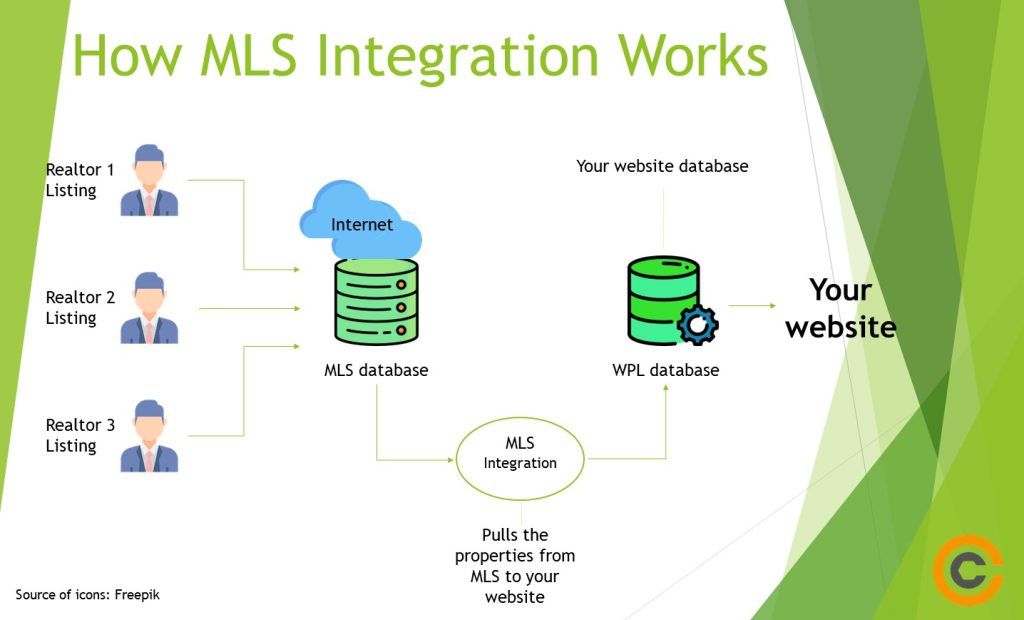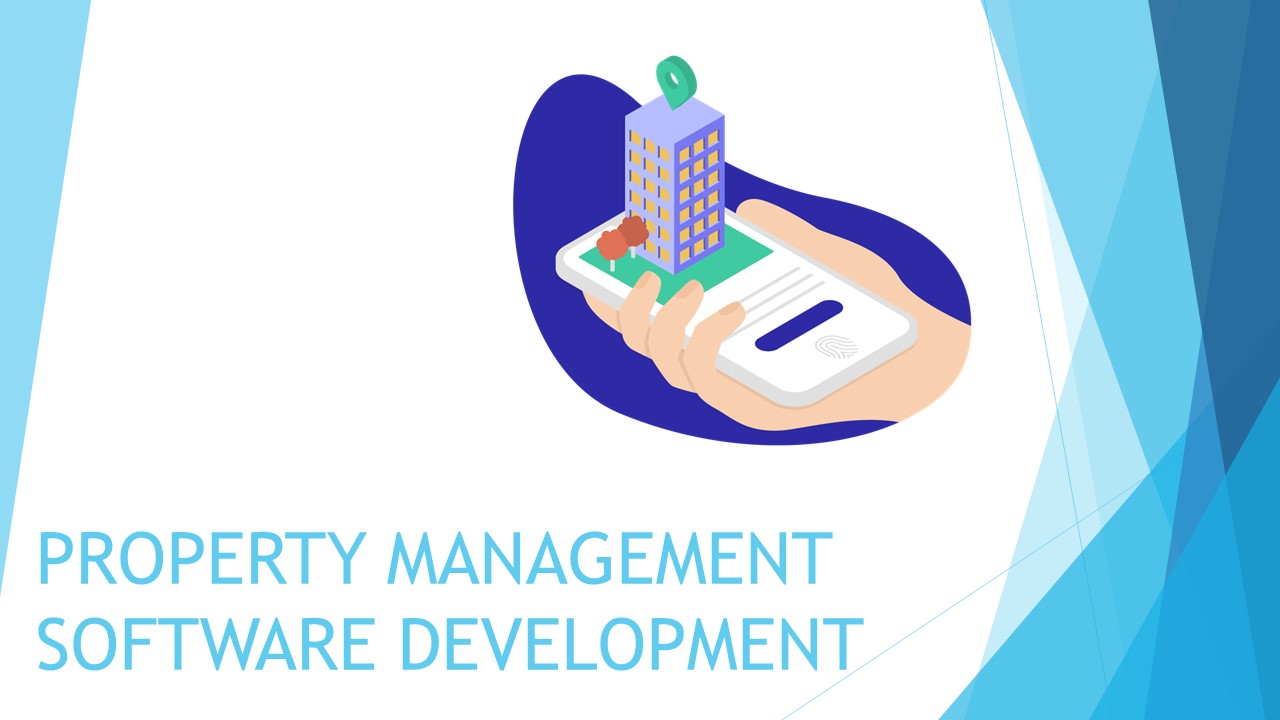What is Real Estate MLS Software Development?
Customers usually request collaboration with CyberCraft, aiming to create real estate websites like Zillow and integrate an existing MLS or develop such a feature from scratch. To grant their requests, we’ve embarked on real estate MLS software development and decided to prepare an article which can answer the most common questions:
- What is MLS in real estate?
- How does MLS in real estate work?
- Why does MLS yield benefits to a property platform and its users?
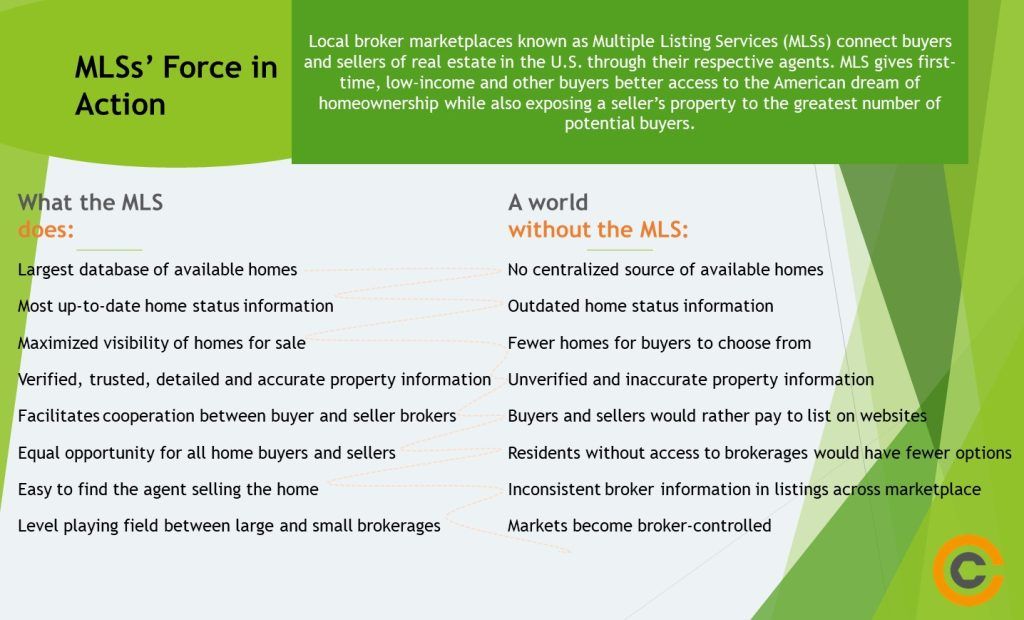 The World With and Without Real Estate MLS Software
The World With and Without Real Estate MLS Software
Multiple listing service (MLS) in real estate is a database that consists of information about properties for sale or rent and connects buyers and sellers. Companies working in the field of real estate are making every effort to introduce MLS and keep it up to date since it meets user requirements and enables them to increase revenue. The main advantage of MLS is that it simplifies data management and fosters collaboration between brokerages. However, when considering real estate MLS software development, you should check a few available options and take into account existing regulations.
Real Estate MLS Integration
In the U.S. MLSs are supported by the National Association of Realtors that has introduced rules for information exchange between systems dedicated to properties and appraisals. According to these rules, brokers can display listings about each other and provide data to third-party aggregators. This interaction is conducted within IDX policy. And to arrange data exchange between the website and existing MLS, you’re supposed to configure IDX in either of the three following ways: File Transfer Protocol, Real Estate Transaction Standard, Third-party APIs and plugins.
The list of available APIs for the MLS integration is quite wide:
Bridge API (allows for building real estate platforms at scale, supports different MLSs across the U.S. and Canada, and starts at $5 per month)
SimplyRETS (suitable for software engineers and agents, simplifies real estate data management, speeds up development, costs from $99 to $149 per month)
Rets Rabbit (recalls the real estate cloud MLS API, enables connecting MLSs data sets for search and analysis, costs from $150 to $699 per month)
Zillow API (serves for retrieving and displaying content from Zillow, allows 20 API calls on one page at one time, consists of different APIs suitable for the search feature implementation, getting a list of sales for the property or editings made by the property owner or an agent who created an ad)
Property API (gives access to millions of records related to real estate, suitable both for a website or an app, provides detailed data about property)
Realtors Property Resource API (grants access to the most extensive database, built for realtors and helps them be more productive, data sets of properties are supplemented by reports and analytics)
Data.gov (constitutes a platform, where developers can find dozens of useful APIs, including APIs for the MLS integration, refers to federal open data)
Spark API (provides data separated into three sections, namely listings, contacts, and statistics, appropriate for a single website or an app with a high workload, costs from $40 to $999 per month, but there are free packages)
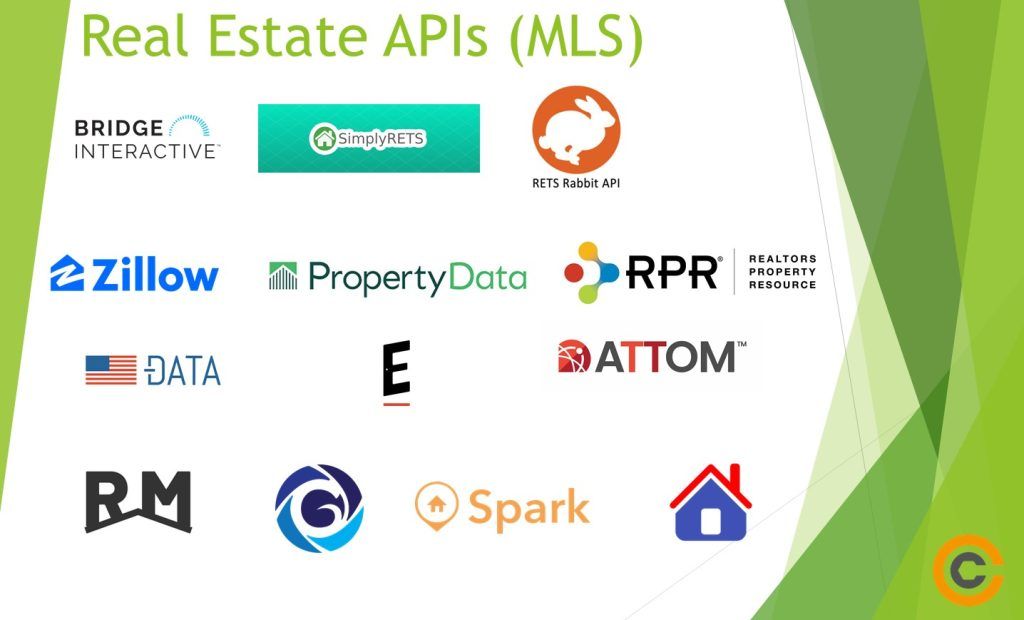 Real Estate MLS APIs
Real Estate MLS APIs
Real estate MLS integration via third-party APIs has the following advantages:
- Simplicity and speed of development (ready to use components can be easily integrated into software, allowing companies to pull data from property listings)
- Fast and regular updates (unlike other approaches to display MLS, APIs allow to update information in real time which is crucial for real estate businesses)
- Reduction of server maintenance costs (information is retrieved from the MLS database, so there is no need to store it on the server)
To integrate MLS into the existing platform or develop a real estate website with access to property listings, you can hire the CyberCraft team. Our engineers are capable of implementing these projects which require connecting with multiple MLSs. Approaches taken in carrying out this task vary from iFrame and FTP to RETS. We focus on clients’ needs, enabling them to use search engines and analytics capabilities to drive business efficiency. Also, our team will ensure that your product with an integrated MLS API works properly on the server-side.
How Real Estate MLS Integration Works
Real Estate MLS Software From Scratch
Custom MLS software development may require adding a vast number of features. Digital transformation for companies adopting MLSs is ensured by:
Contact Manager (customer search, processing the contact information, and email)
Search Functionality (the implementation of search capabilities, viewing listing history, exporting MLS data, maps for MLS)
Contracts & Forms Management (establishing contract templates, viewing, editing, and printing forms and contracts)
Adding & Editing functions (working with listings and notes, using images, scheduling the completion of the forms or listings)
Teams & Users Management (adding or removing brokers and agents, managing teams)
Client Portal (secure login to the platform interface, view listings, updates and reports)
Consolidated Platform (UI, preferences and setup functionality, contracts and forms processing)
Lead capture (forming the client’s profile, which allows an agent to find out the type of the property the client can buy)
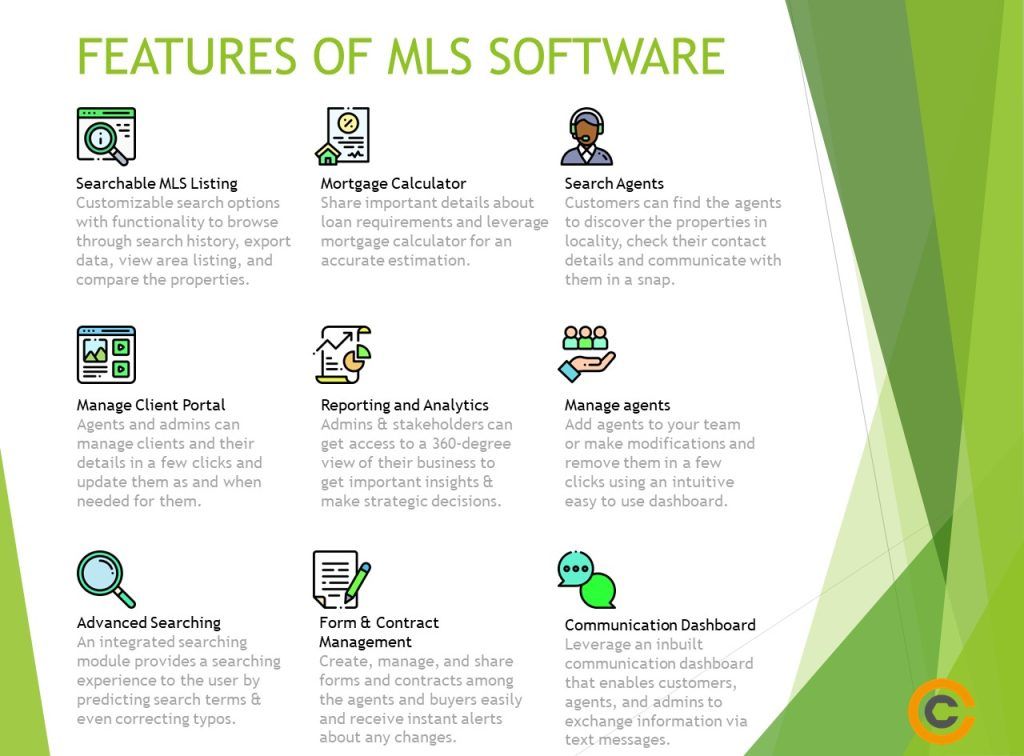 9 Features of MLS Software
9 Features of MLS Software
Real estate MLS software development has a downside and isn’t always as simple to attend to as it might seem. This is really less about programming languages and architecture of the solution and more about issues related to regulations, rules, and lack of standardization. So let’s elaborate on these issues and difficulties.
The core of the first issue remains the restricted access deriving from the variety of MLS data sources. A challenge is that the real estate broker or agent should have access only to a certain set of data. Therefore, it’s crucial to implement the system that ensures the correct access to view, upload, and download the information from MLS databases.
The second issue is related to lack of standardization which results in duplicates of data from different MLS databases. This issue is partially addressed thanks to the regulations introduced by RESO.
However, if you choose the right approach and a competent team to handle development, you can avoid these difficulties.

Diversity of Real Estate MLS Software Developed by CyberCraft
The most important service in this category foresees development of real estate MLS platforms. Custom MLS we create are consistent with RESO regulations and improved through search engines capabilities, analytics and reports, mobile access. To develop custom MLSs, the CyberCraft team may use third-party APIs.
A single stand-alone product is an MLS mobile app. It gives sellers and buyers, as well as other market participants, access to information about properties, locations, agents and also delivers notifications and alerts connected with changes in prices and status of property.
Real estate MLS solutions also require a thoughtful, responsive design. Any device should be suited to check premises, transactions, payments, commissions, or any other information in the MLS. Whatever you choose for a custom solution or MLS integration, you will gain a competitive advantage and grant these benefits to clients. Buyers can use the MLS to avoid working with different agents and focus on searching for the appropriate property, thus being able to work with one salesperson. The agent in turn, can show all properties to the client through one MLS.
As for sellers, previously they sold their own properties via listings and didn’t give access to other companies. With MLS, they can share offerings included in listings with other companies. Permissions to sell or show aren’t required, so salespersons can see all properties in MLS, which contributes to the intensification of trade. It’s useful since according to NAR, in January 2022, 6.020.000 houses were sold in the U.S. And the majority of them were represented in MLSs.
The success of project implementation depends also on the accuracy of MLS. There should be clear database filling rules. These rules must include the following paragraphs:
- Accuracy (data related to the property location, square and other essential characteristics must be as detailed as possible)
- Timeliness (the full listing has to be registered in 24 or 48 hours, which is mentioned in the listing agreement)
- Images (quality and number of photos must comply with the minimum requirements)
Real estate MLS software development consists of the planning, design and testing stages and requires deep collaboration between the customer and the development team. Should you have any questions – feel free to contact our team to request a personal free consultation. We strive to help you to make a smart decision that is fully aligned with your business needs.


